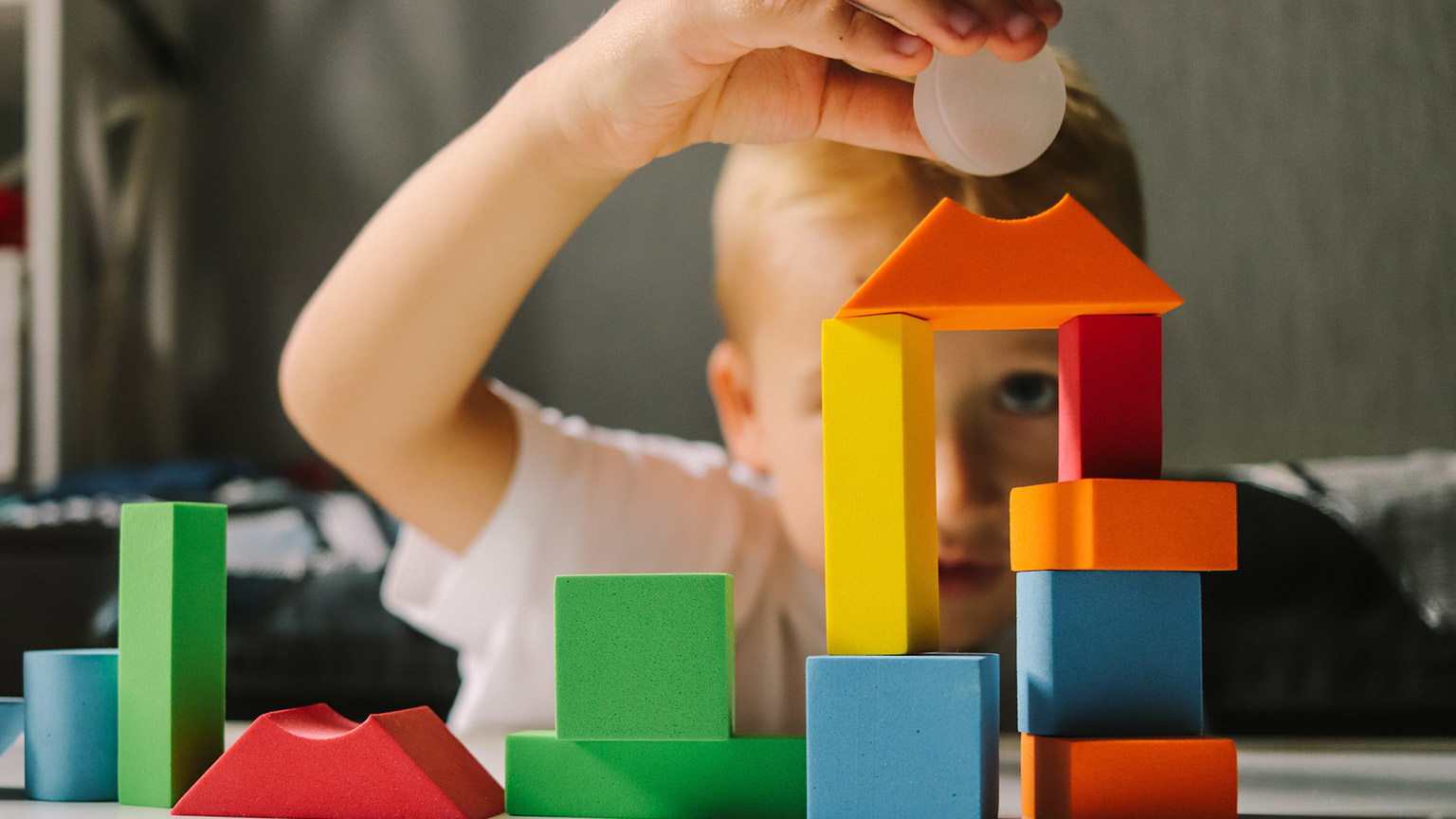Childhood Development
There are many factors which combine to influence the way a child develops, learns and behaves and developmental psychologists have put forward different theories to explain their effect on human growth. Understanding the way children learn and develop is crucial in creating effective and stimulating teaching programmes. It is important for kaiako to understanding how a child develops: an understanding of childhood developmental stages allows kaiako to:
- engage with children in more age-appropriate ways and in ways tailored to their individual needs
- recognise developmental delays and refer the child for professional support if required
- create safe and supportive learning environments, with activities designed to stimulate and challenge the child.
Activity
Research these different areas of developmental psychology and briefly explain them in relation to development and growth in young children. Summarise each in three or four sentences; save your notes so you can refer to them again later.
- Cognitive Development
- Social Development
- Intellectual Development
- Perceptual Development
- Personality Development
- Emotional Development
Developmental psychologists study human cognitive development, social development, intellectual development, perceptual development, personality development and emotional development.
Their work helps educators, parents and whanau to not only recognise typical growth and behaviour, but also recognise signs of potential problems which may need specialist help (for example a baby who is not walking by the age of 15 months) (Cherry, 2022).
Developmental psychology is a large field of study and a range of psychologists have developed different theories to explain the way babies and young children develop and grow. Some of the key players in this field are listed below:
- Arnold Gessell (maturation)
- Noam Chomsky (information processing theory)
- Lev Vygotsky
- Carl Rogers
- Sigmund Freud (psychodynamics)
- Jean Piaget (psychosocial)
- Abraham Maslow
- B.F. Skinner
- Erik Erikson (cognitive)
- Urie Bronfenbrenner (ecological)
- John Watson (behaviourist)
- David Kolb
- Albert Bandura
- Howard Gardner
- John Bowlby
- Ivan Pavlov
- Jerome Bruner
![[ADD IMAGE'S ALT TEXT]](/sites/default/files/Bee.png)
This illustration shows some of the best-known theories of child development. Some of these were developed by the psychologists mentioned above and their concepts were introduced in the level 4 Certificate in Early Childhood Education programme. In the Course 3 of this programme we will look at some of them in more detail and explore how they fit in with current ECE practice in Aotearoa|New Zealand.
![[ADD IMAGE'S ALT TEXT]](/sites/default/files/MSEd.png)
Watch
Piaget’s Theory of Cognitive Development
Piaget’s Theory of Cognitive Development explained in simple terms
Expected Duration: 6:55 minutes
Post Watch Task: Collect information to use in your assessment 02A2
Activity
Assessment 02A2 asks you to write about early childhood learning and development theories. Use this activity and explain how they can be applied in ECE practice.
Reading
7 Main Development Theories
The history of developmental theories and a summary of seven key theories.
Expected Duration: 20 minutes
Questions
Pre Read Question: Refresh your memory about childhood development theories by reading this article outlining some of the key theories.
URL: https://www.verywellmind.com/child-development-theories-2795068
Post Read Task: Research the list of authors of early childhood development theories listed above, then choose 3 of them to research further. Summarise their theories and explain with examples how their theory informs early childhood education practice.
Remember to save all your links and to create APA 7 references so you can use your research in your written assessment 02A2
Watch
Vygotsky's Theory of Cognitive Development in Social Relationships
Introduction to Vygotsky’s Theory of Social Development
Expected Duration: 5:08 minutes
Post Watch Task: Collect information to use in your assessment 02A2. Use YouTube as a resource to find out more about the other developmental theories.
You’ve reached the end of this topic. Let’s go over the key points:
- Child development is influenced by many factors, including cognitive, social, intellectual, perceptual, personality and emotional.
- Child development theorists study human development and help educators and parents to recognise typical growth and behaviour, but also identify areas of concern
- Major child development theories include:
- Sociocultural theory
- Behavioural child development
- Cognitive development
- Attachment theory
- Psychosexual development
- Social learning theory
- Psychosocial development
